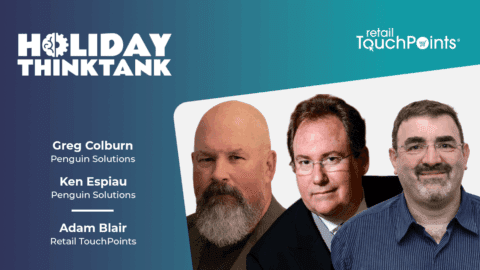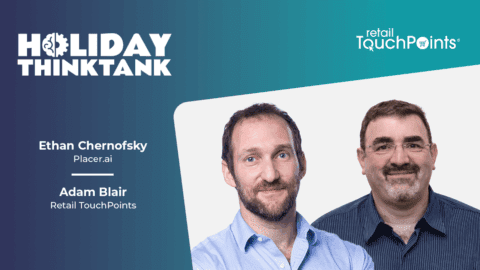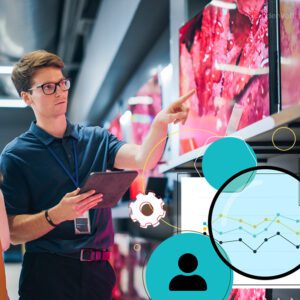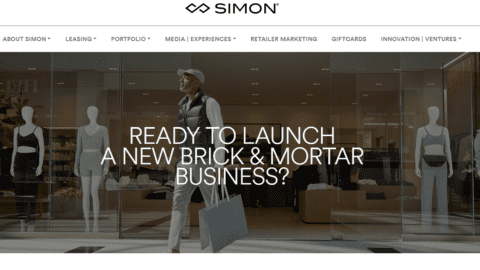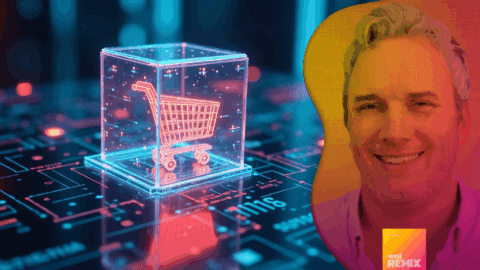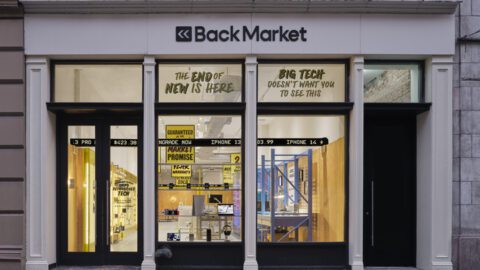Sustainability has evolved from a buzzword and marketing term to a core element of any successful retailer, and any company that doesn’t take the “S” in its ESG efforts seriously is putting itself at serious risk of falling behind. Interest in sustainability is only going to keep increasing, which means retailers have to shift their view of it — from a cost of doing business to an integral part of their growth strategy.
“Sustainability is the disruption of the Industrial Revolution, and so you’re seeing a transition in society’s value systems from profit to people and the planet,” said Gira Vashi, Consumer Sustainability Leader at EY in an interview with Retail TouchPoints. “As a result, you’re really looking to understand what that future of the company, the sector and the different industries that are converging as a result of sustainability looks like. It’s not something that we’ve tackled before as a society, and today we’re in the midst of the transition.”
Retailers that are willing to fully embrace sustainability can help shape the future as well as drive their own growth. The importance of authenticity in this area is well-documented, and companies that see themselves as stakeholders in the planet itself will be able to offer a message that resonates with shoppers, setting themselves up as leaders in the conversations ahead.
Sustainability is a Process, Not a Single Action
Sustainability isn’t a single action that a retailer should take, or something that only matters around Earth Day — it’s a long-term goal that requires regular investment, creative planning and steady adjustment. Top retailers are already viewing sustainability as a key part of their business, one that serves as a goal in its own right.
“Most clients are looking at sustainability as a growth driver,” said Vashi. “What that means for companies is that the transition is going to take several years, but they’re actually having a paradigm shift in regard to how they need to respond to the market. One big area is that companies are thinking about market segments differently. Companies are thinking about their typical ways of evaluating the bottom line differently, so typical, incremental thinking of margin and market share is no longer the only way to think about where you’re making your money.”
Many CEOs are still concerned about the costs of a green transformation, even if they recognize the future benefits, but Vashi noted that there are ways to defray these costs, including credits and available capital aimed specifically at sustainability initiatives.
CEOs (and likely CFOs) worried about costs also should remember that inaction has its own costs: “What is my value erosion risk if I really didn’t do anything?” said Vashi. “That includes the top line as well as the bottom line.”
With all that said, retailers shouldn’t just blindly make sustainability-focused investments if they don’t have all the tools in place to properly measure their impact. A business is a business, and different ESG opportunities will incur different costs and benefits. Like so many challenges in retail today, having access to the data and the tools to analyze it will be key parts of a strong sustainability push.
“One of the biggest disruptors for most of our companies is accessing the data across the value chain that’s relevant to ESG,” said Vashi. “A big problem to solve for is data transparency, and accessing data across the value chain that doesn’t just solve for ESG. [This can] help you understand where you sit in the spectrum based on rating agencies, but also ensure that data is helping you inform your business.”
Cooperation Will be Key to Sustainability Success
Data also can help retailers understand which sustainability initiatives are best suited for the business they do. Greener stores and fulfillment centers are universal for the industry, but different retailers can have vastly different supply chains — the efforts a grocer makes to reduce the carbon footprint of the products it sells will be very different from the kinds of investments a fashion retailer would choose.
“Depending on the type of business you’re in, the KPIs for sustainability are the metrics that are relevant to that company, and the type of business dictates the types of companies that you work with,” said Vashi. “So for example if you are a high-water-consuming product, then you want to be looking for companies out there that are working on deep water knowledge to help you think about water circularity. They then become part of your ecosystem in solutioning.”
These types of companies could set water reduction as their KPI and study the possibilities from there, according to Vashi. Niche companies that wouldn’t usually be on retailers’ radars may come into play in these scenarios. Potential partnerships include working with experts on finding ways to reuse water or develop processes that utilize less water in the first place.
However, that’s just one element of a larger business. Retailers need to be looking at every potential point where they can drive new efficiencies and thinking about who will be part of the solution. Achieving true sustainability is a massive challenge, and companies across multiple industries are in it together.
“No one company can solve this,” said Vashi. “You have to come together and bring lots of different components of technology and ecosystem players together. For example, in the supply chain logistics plays a big role. You’re moving your products from point A to point B. Conventional energy conversations are [concerned with air travel], but there are a lot of conversations around alternative ways to solve for logistics. Can drone technologies enable you to think about new ways that you transport your goods? Is it the car, ship or air transport that are very fuel consuming? Are there alternative fuels that you could be leveraging such as hydro, EVs, etc.?”





